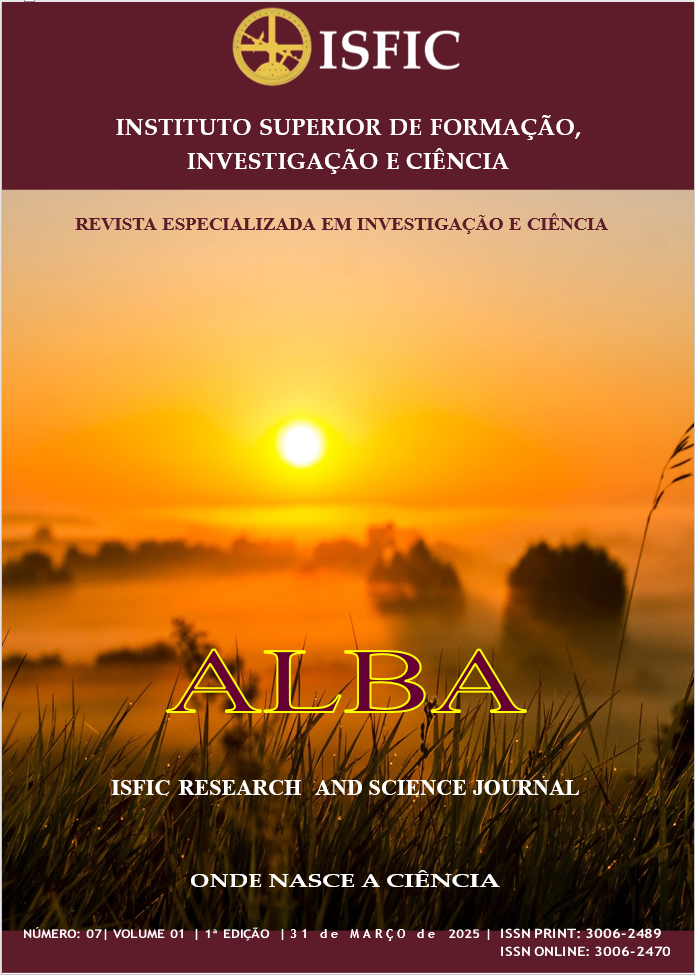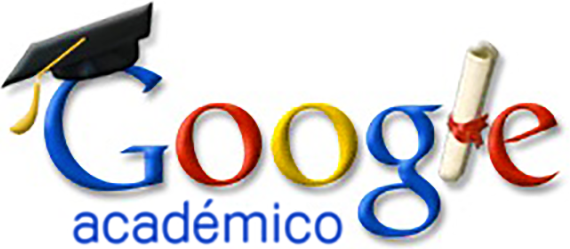Curricular metamorphoses and the construction of a homo mocambicanus - a philosophical vision
Keywords:
Curriculum, education, new man; metamorphoses.Abstract
In this article we research curricular metamorphoses and the construction of a homo mocambicanus – a philosophical vision, from colonial times to 2024. We focus on the critical analysis of primary and secondary education curricula. We use the qualitative method with the type of bibliographical, documentary and observational research, carrying out hermeneutics and a critical analysis of the historical trajectory of curricular development. And, as a result, we showed that during the colonial period, the educational system was based on two types of curriculum, one aimed at the children of civilized and assimilated people and the other aimed at indigenous and non-civilized people; the curricula had political support to impose the task of civilizing and acculturating Africans to facilitate the building of a modern Portuguese nation; the Portuguese State and the Catholic Church were very intertwined with the State having a hostile stance towards the various emerging religious beliefs and more complacent towards the Catholic Church, we discovered that there was always the idea of an African pedagogy before colonization through the skills of informal indigenous education Within their cultural practices, we also discovered that the type of education that the Portuguese implemented in Mozambique was oriented towards the formation of a servile and subservient personality, perpetuating the exclusion of uncivilized versus civilized peoples, the school curriculum did not remain static as it was developing through a set of metamorphoses in the search for quality teaching; There was a kind of curricular revolution with the change of the political system from socialist to capitalist, through technological innovation and the introduction of the local curriculum. And even so, the approval number, which has been relatively high, does not always coincide with the quality of teaching, let alone learning, and, in an attempt to form a new man, the colonial system fell into the tendency to exclude the traditional values of Africanity. demonizing the ancestral ritualistic precepts of the cultures of Mozambique and Africa.
Downloads
References
Armando, A.; Alberto, A.; & Mapera, J. C. (2023). Nó Górdio e relações entre Moçambique e Portugal: Futuro inventado nas escolas moçambicanas da Província de Sofala. Práticas da História. Journal on Theory, Historiography and Uses of the Past, (16), 2023: 127-150.
Basílio, G. (2021). Políticas educacionais e a agenda internacional para educação 2030 em Moçambique: continuidades e descontinuidades de paradigmas. in: Mubarak, Rizuane; Chibemo, Julio Taimira & Freixo, Manuel Vaz (Org.). Uma educação para o século XXI. Universidade Alberto Chipande.
Basílio, G. (2006). Os saberes locais e o novo currículo do ensino básico. Dissertação de Mestrado. Universidade Católica de São Paulo.
Castiano, J. P. & Ngoenha, S. E. (2013). A Longa Marcha Duma “Educação Para Todos” em Moçambique. 3ª ed. Maputo: Publifix Editora.
Departamento de Educação e Cultura (DEC). II Conferência do D.E.C. Recomendações. s/1., FRELIMO (1970).
Freire, P. (1996). Pedagogia da autonomia: saberes necessários à prática educativa. 43. Ed. São Paulo: Paz e Terra.
Gadotti, M. (2000). Educação e Transformação. 9. Ed. São Paulo: Cortez.
INDE/MINED (2003). Plano Curricular do Ensino Básico, Maputo: INDE/MINED.
Litsure, H. F. (2021). A Independência e o Processo da Definição da Identidade Moçambicana. África [s]-Revista do Programa de Pós-Graduação em Estudos Africanos e Representações da África, 8(16), p. 75-87.
Machel, S. M. (1970). Educar o homem novo para vencer a guerra, criar uma Sociedade nova para desenvolver a pátria: Mensagem à II Conferência do Departamento de Educação e Cultura. FRELIMO.
Mazula, B. (1995). Educação, Cultura e Ideologia em Moçambique: 1975-1985. Porto: Edições Afrontamento.
Mazula, B. (1995). Moçambique: Identidade, Colonialismo e Libertação. Maputo: Centro de Estudos Africanos.
Mazula, B. (2006). Na esteira da academia: Razão, Democracia e Educação. Texto editores.
Ministério da Educação e Cultura (MEC). Sistema de Educação de Moçambique (SEM). Maputo: Gabinete do Sistema de Educação.
Mondlane, E. (1979). Lutar por Moçambique. 2ªed.Tradução de Maria da Graça Forjaz. Lisboa: Sá da Costa.
Muchisse, I. J. (2023a). Diversidade Étnica em Moçambique: Discurso de Identidades. Entheoria: Cadernos de Letras e Humanas, 10 (1), p. 50-65.
Muchisse, I. J. (2023b). Banhar-se em águas limpas sem mudar de essência: uma perspectiva antropológica. ACENO-Revista de Antropologia do Centro-Oeste, 10 (24), p. 585-596.
Muchisse, I. J.; & Mbanguine, J. M. S. (2022). Uma Abordagem Sobre o Papel da Universidade na Sociedade Moçambicana. Revista Minerva Universitária. Disponível em https://www.revistaminerva.pt/uma-abordagem-sobre-o-papel-da-universidade-na-sociedade-mocambicana/
Muchisse, I. J.; Mbanguine, J. M. S.; & Tomás, A. E. (2023). A educação em Moçambique: tempos e trajectos. Revista Educação E Políticas Em Debate, 13(1), p. 1–16. https://doi.org/10.14393/REPOD-v13n1a2024-68353
Muhache, E. (2015). Educação e Desenvolvimento em Moçambique: Desafios e Perspectivas. Maputo: Ndjira.
Muhache, C. F. (2015). Influência do Poder Político no Processo Educacional em Moçambique, 1975-2002. Maputo: Editora Educar.
Ngoenha, S.; & Castiano, J. (2006). A modernidade africana e os desafios da construção de uma nova cidadania. Maputo: Paulinas.
Ngoenha, S. E. (2009). Machel, ícone da República? Maputo: Ndjira.
Nóvoa, A. (1992). Os professores e a sua formação. Lisboa: Dom Quixote.
Pacheco, J. A. (2005). Currículo: Teoria e Práxis. 2. Ed. Porto: Porto Editora.
Sacristán, J. G. (2013). O currículo: uma reflexão sobre a prática. 4. Ed. Porto Alegre: Artmed.







